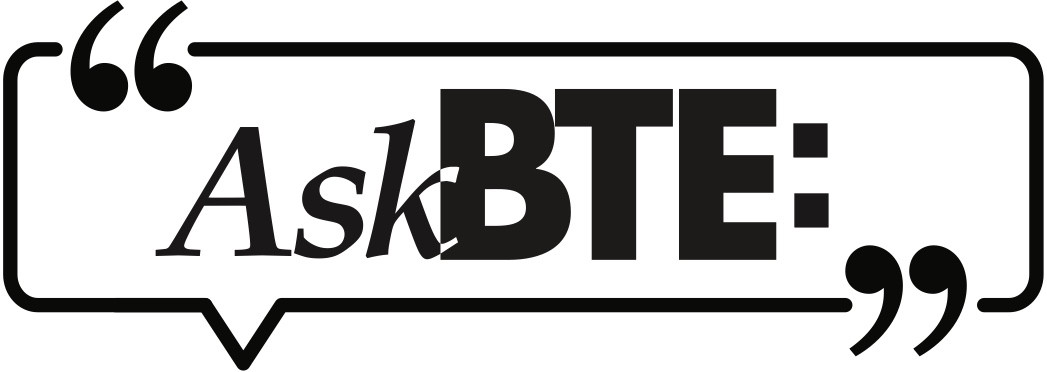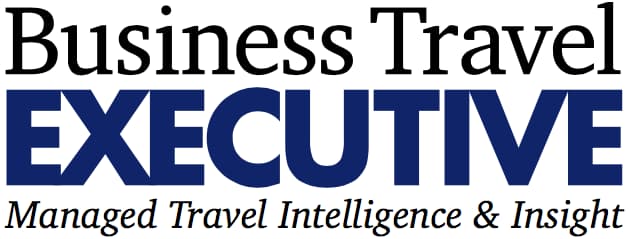A year ago, with the RFP season in full swing, buyers knew exactly where their company would need to travel, giving them the ability to plan ahead and anticipate their travel needs. Today, we are still seeing RFPs; however, today’s buyers are really prioritizing flexibility and duty of care.
This has led to an increased interest in dynamic pricing as companies’ travel programs and new market needs shift. Additionally, as companies are consolidating programs and processes, they are looking for larger, global portfolios that will provide solutions for all their requirements.

Jill Hatfield, Wyndham Hotels and Resorts’ vice president of global sales North America, says since the pandemic started, there have been two schools of thought about the RFP process.
“One is that 2021 will be a year of ramped up recovery, but business travel will still be markedly down from 2019. For that reason, these clients aren’t allocating the typical resources (time, money) against their RFP process,” she explains. “Instead, they’re securing 2021 preferred rates in markets that had the highest historical volume and allowing other rates (TMC rates, chain-wide discount rates with their preferred chains) to serve as the rate products in secondary and tertiary markets.”
The second line of thinking, Hatfield says, is among those who don’t foresee travel ramping up until at least mid-2021.
“Those clients are looking to postpone the RFP process until next year, and in the meantime, are asking existing preferred hotels to rollover 2020 rates for their team members who are traveling,” she notes. “There are several travel technology companies out there that have been touting that the RFP process is forever changed. We would like to see more buyers shift to an RFP process that is more dynamic in nature as opposed to the fixed negotiated rate model that we have long been accustomed to.”
RFPs are becoming a more significant responsibility for travel managers, according to Lexi Benakis, HRS’ director of sourcing, Americas, and there are important changes occurring. “Flexible cancelation has become even more critical in negotiation with more changes to meetings, market conditions and restrictions on travel,” she says. “There are new restrictions on quarantining still coming out so having that flexibility is important.”
The annual RFPs should not fully go away, Benekis cautions, adding a third-party should be able to audit and ensure hotels are applying whatever is negotiated. For instance, the amenities negotiated going into 2020 are not applicable due to COVID-19, so things need to be evaluated and corrected.
Partners in The New Normal
This pandemic has led many travel buyers to expand their duty of care program to include health and safety guidelines for various sectors of the travel journey – lodging, air, ground transport, etc. “Buyers are wanting to understand the various health and safety protocols being implemented by their preferred suppliers,” says Wyndham’s Hatfield. “In our case, our ‘Count on Us’ program provides a comprehensive approach to keeping travelers safe.”
Wendy Ferrill, vice president of worldwide sales for Best Western Hotels & Resorts, notes relationships are key in this business, but the importance of partnerships has only increased since the start of the pandemic.
“Buyers are reacting differently based on needs for their specific companies, both regionally and globally, so our engagement with customers provides insights into when they will be traveling, who is traveling, where they are traveling and what their needs are in our current landscape,” she says. “This provides us the opportunity to identify mutually beneficial solutions and respond quickly to buyer and travelers’ needs, which look differently now than in the past.”
While Ferrill has seen a definite shift in how business is negotiated today, she says BWH Hotel Group’s focus on working strategically with buyers has remained, which has allowed the company to not only understand each customer’s unique circumstances, but also to provide solutions based on their needs – even as those needs continue to evolve. “Buyers’ needs are evolving rapidly as markets shift and regions respond to the pandemic, so flexibility and duty of care, and the enforcement of cleaning programs at the property level, remain top priorities for customers,” she says.
Steve Reynolds, CEO of Tripbam, which works with more than 2,000 clients on hotel negotiations, notes things have been thrown into a state of chaos since the pandemic.
“Once COVID hit and hotels started to lay off employees and furlough staff, they put out a request saying, ‘Let’s not negotiate discounts this year, let’s give us a bye, and we’ll talk about it next year,’” he says. “Our buyers’ response to that was ‘Are you crazy? We finally are in an environment that’s somewhat of a buyer’s market, and you want to skip the annual negotiation process you’ve been forcing on the industry at large for the past number of decades?’”
These circumstances have made it hard to properly forecast what negotiations are going to look like in the next six to 12 months, though Reynolds says he believes there is beginning to be some clarity around how to get a program in place. He says chains are hoping that buyers will accept the low static rates that were put in place in 2019 and as a sweetener, hoteliers are providing a dynamic discount on top of that of somewhere between five and 15 percent.
“It works to the chain’s benefit, because they don’t want to negotiate deep discounts when the rates are already discounted quite a bit, and it gets them to table the conversation until next year,” Reynolds explains. “The second bucket is to take that approach, but where I have a high amount of volume at preferred hotels, I’m going to see if I can do better and use my leverage and ability to shift share to get the best deal I can.”
A third way to go is to hire a consultant and follow the same process as last year, push out a thousand RFPs and hopefully get 500 deals in place. “We don’t think that will be very effective, as I don’t believe the chains will want to go static,” Reynolds warns. “It’s difficult to negotiate a static discount because you don’t really know your volume and no one is really certain about what rates are going to do.”
A fourth way is what Reynolds calls “a hybrid approach, to mix and match dynamic, static and chain-wide to try and get the best discount they can get.”
Reynolds points out that Tripbam’s software is being used to source deals with hotels and supports all of these approaches, but he believes the best bet is to go with the dynamic program. “RFPs are far from being gone, but they are going to be more difficult to get through the process,” Reynolds says. “Hoteliers and buyers are starting to realize there is just a better, easier way to do all this, especially when you go dynamic.”
Who’s Got the Time?
The COVID-19 crisis has resulted in neither travel managers nor hoteliers having as much availability to engage in lengthy negotiations as they’ve done in the past, says Valerie Layman, VP of product management for Coupa Software, a provider of business expense management software.
“Travel managers are becoming much more selective in deciding which hotels to work with and now require targeted data to prove the best option is being selected,” Layman says. “Additionally, travel volumes are unpredictable due to demand and pricing volatility. Those unpredictable travel volumes make it difficult for travel managers to sign up for and manage volume commitments. The previous approach of spreading volume across a large number of properties is no longer smart or cost effective.”
These constraints mean companies are focusing their negotiations only on the top 20 percent of markets where they are spending, according to Layman, and everything else is getting left behind.
“Due to the need for more targeted supplier negotiations and the emergence of new technologies that allow for continuous performance monitoring, it’s clear that previously arduous RFP processes will have to change,” Layman says. “While the annual process may still remain in place to some degree, travel buyers will increasingly use sophisticated RFP tools that automate the process and prescribe best rates based on algorithms that consider past performance, current market trends and community intelligence.”
Layman says these advancements in technology will boost buyers’ confidence by continuously monitoring program and supplier performance and highlighting areas of risk for immediate remediation.
“Additionally, businesses need to invest in a comprehensive business spend management platforms to help maintain optimal relationships with hotel suppliers,” Layman says. “The reality is that managing spend across many platforms and in siloed solutions is next to impossible. Having a single platform that can inform sourcing and contracting, carry data and information through rate auditing, capture booking, enable price optimization, and facilitate expense and payments will be key to attaining comprehensive visibility into hotel program performance. Only then can both travel buyers and hotels have confidence that they’re getting the most out of the partnership.”
Crystal Ball Gazing
While there are plenty of questions about what the future holds, many in the space don’t believe this is the dawn of a new age in hotel negotiations.
“Some of our clients have expressed the sentiment of just needing to get through the next six months before they really assess what their process looks like in the future,” Hatfield says. “Others feel that their current process reflects the needs of their internal stakeholders, and while they are open to slight modifications that would bring efficiencies, a wholesale change is not likely.”
Even in the midst of uncertain times and industry data showing that corporations aren’t sending travelers out, Ferrill says, based on what BWH Hotel Group has seen, corporate travel is happening – it just looks differently than it did eight or nine months ago. For example, Ferrill notes primary markets are soft, while secondary and tertiary markets are performing well globally. Regional travel is more prevalent, and the purpose of travel has shifted.
“I am hopeful that people will continue to have an open mind and explore new and existing mutually beneficial solutions together – for example, the need to refine efficiencies in the bid process, and how the roles of various stakeholders, like suppliers, TMCs, partners, etc., will change, as they’ve also experienced major shifts,” she says.
“There is a lot that the industry is seeing and evaluating today that could very well shape the market in the future.”









